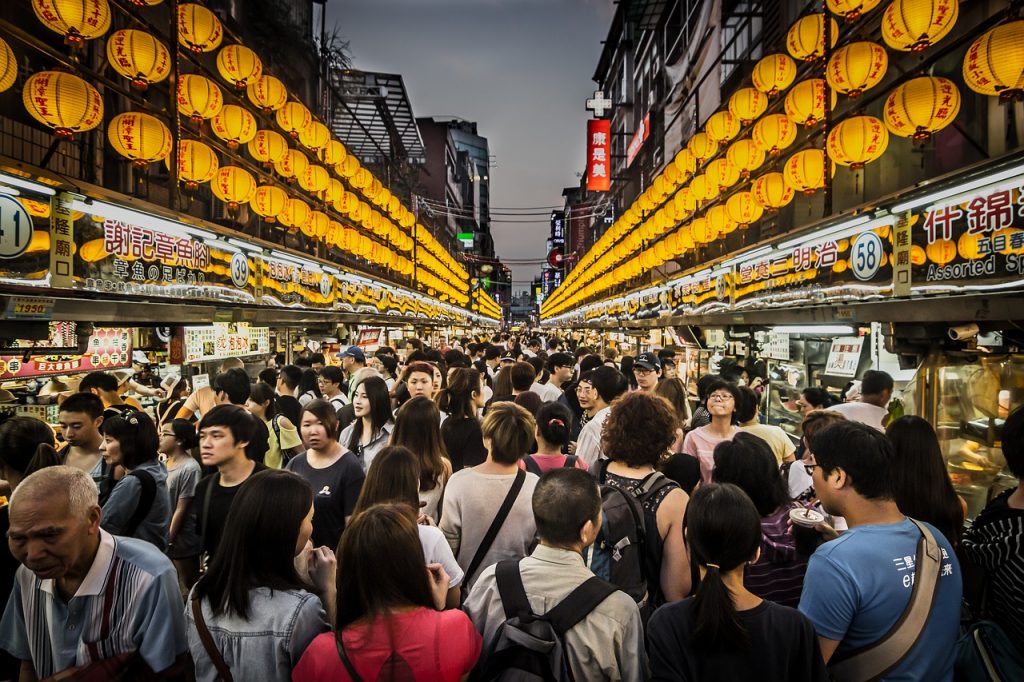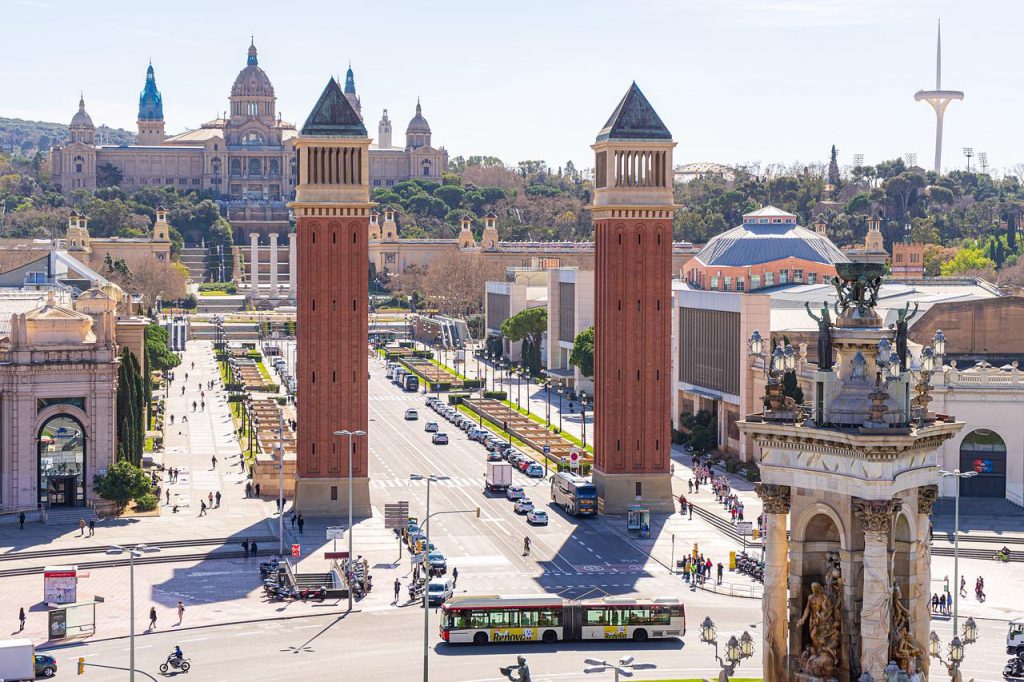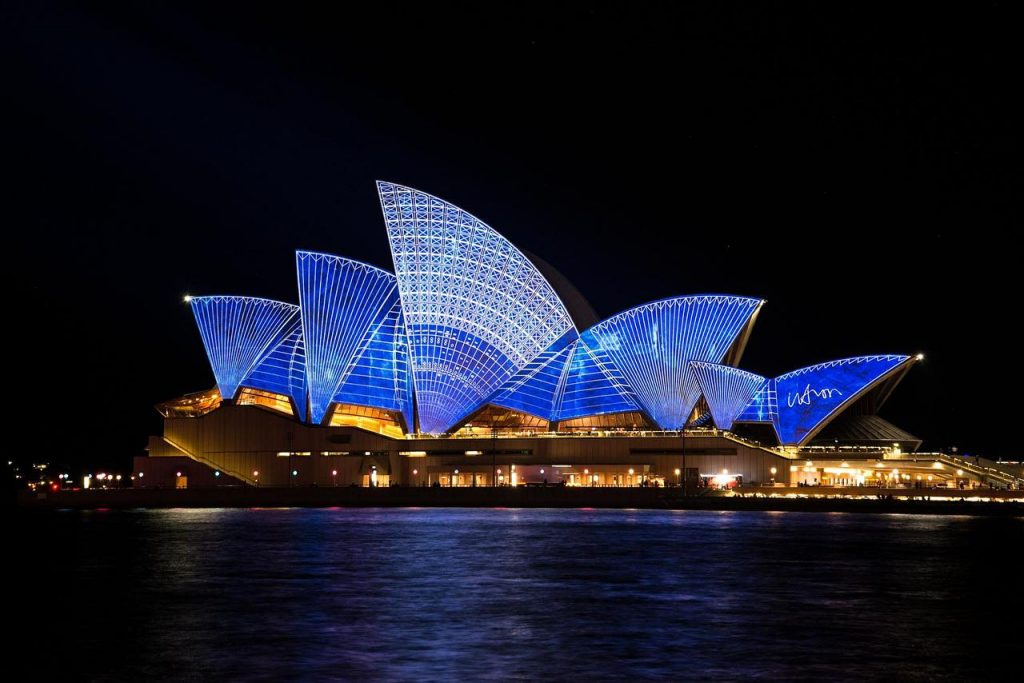
How LGBTQ+ Lives Are Affected around the World
MDPI authors come from around the world, and naturally, societal expectations and situations differ. Our LGBTQ+ coverage reflects this global perspective and includes information and research from varying continents.
Global Focus on the LGBTQ+ Community
Here’s a closer look at how LGBTQ+ lives are affected in various countries around the world, and how MDPI research is highlighting inequalities.
Indonesia
The very strict line between public and private is considered very important when it comes to LGBT+ activity in Indonesia. As long as homosexuality is kept behind closed doors and not openly shared in public, it is not a crime.
A study was carried out at the end of last year to highlight the criminalisation of homosexual activity in Indonesia. Published in Laws, the study focuses on the Indonesian Pornography Law and how it is used to protect the distinction between public and private.
The Pornography Law, updated in 2017, explains that the state can prosecute any “public eroticism, seen by law enforcers as ‘pornographic action’ (pornoaksi)”. This led to several police raids of gay venues, with hundreds of men arrested.
The MDPI manuscript explains that this is because of the blurring of private and public acts.
China

In China, gay people cannot marry or legally adopt children. Being gay and homosexual activities are legal, but there are no anti-hate or anti-discrimination laws. Showing same-sex relationships on TV is banned.
A study in IJERPH focuses on lesbians in China and the difficulties that they face as workers. It found that they had less of a chance of “thriving as self-sufficient workers in the labour market,” due to facing intense pressure from family to marry a member of the opposite sex. They are also more likely to be dedicated to their work compared to heterosexual women as they are less likely to have a higher-earning male partner.
Australia
Meanwhile, on the other end of the spectrum, in Australia, same-sex marriage has been legal since 2017. Same-sex couples can also adopt children and stepchildren. It is illegal to discriminate based on gender identity or sexual orientation.
However, there are still issues in the community. A study published a few months ago in IJERPH focuses on masculinity and gender norms amongst Australian gay men. It found that gay men associated masculinity with muscularity, strength, and blue-collar workers. It also discovered difficulties arising from the “ostracization of feminine gay men and the veneration of masculine gay men”. Gay men would seek to “pass” for straight so as to avoid discrimination.
Taiwan

In Taiwan, the situation is similar to in Australia. Same-sex marriage is legal, and the discrimination of LGBT+ people is illegal. However, same-sex couples cannot adopt children, only stepchildren. Taiwan holds the second-largest LGBT pride event in Asia, after Tel Aviv.
A study of sexual stigma among Taiwanese gay and bisexual men was conducted and shared in IJERPH. It revealed that perceived sexual stigma from those around them caused bisexual and gay men to develop a negative association with homosexuality. And this led to loneliness and shame. The paper also cites previous research of bisexual men having a stronger negativity towards homosexuality.
The authors advocated for increased education and a change in the culture to reduce this stigma and create a better environment for LGBT+ people.
Spain

Only 2% of the world identifies as transgender, gender fluid, or non-binary.
An article in IJERPH examines how the Trans Attitudes and Beliefs Scale (TABS) can be applied to the culture of Spain. The TABS is a 29-factor scale, composed of elements related to interpersonal comfort, sex/gender beliefs, and human values.
In Spain, transgender people can freely declare their preferred sex in all official capacities. This is a form of gender affirmation. It can help reduce the mental health issues related to gender dysmorphia.
Despite these positive changes, the authors explain, there was “an almost 10% increase in hate crimes in 2019”. Transphobia is becoming more and more prevalent in the country. Therefore, the authors argue, now is the perfect time to implement TABS, to track and validate sentiments across the country.
The Importance of LGBTQ+
The research already published in MDPI journals can help us to create a safer world for LGBT+ people by increasing our knowledge of and insight into societal problems. It allows us to continue to address inequalities and drive out stigma and shame. We encourage more academics to conduct research on the global LGBT+ community and the issues that affect them.












